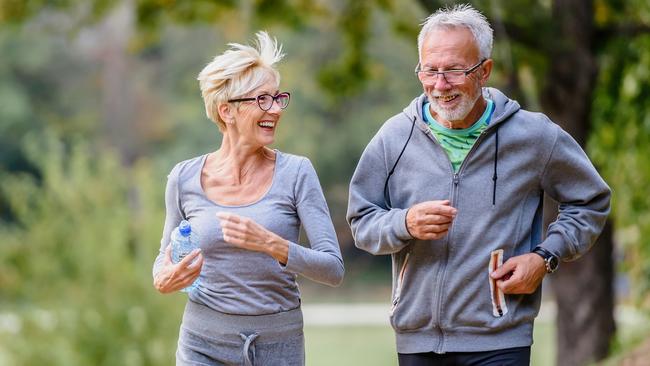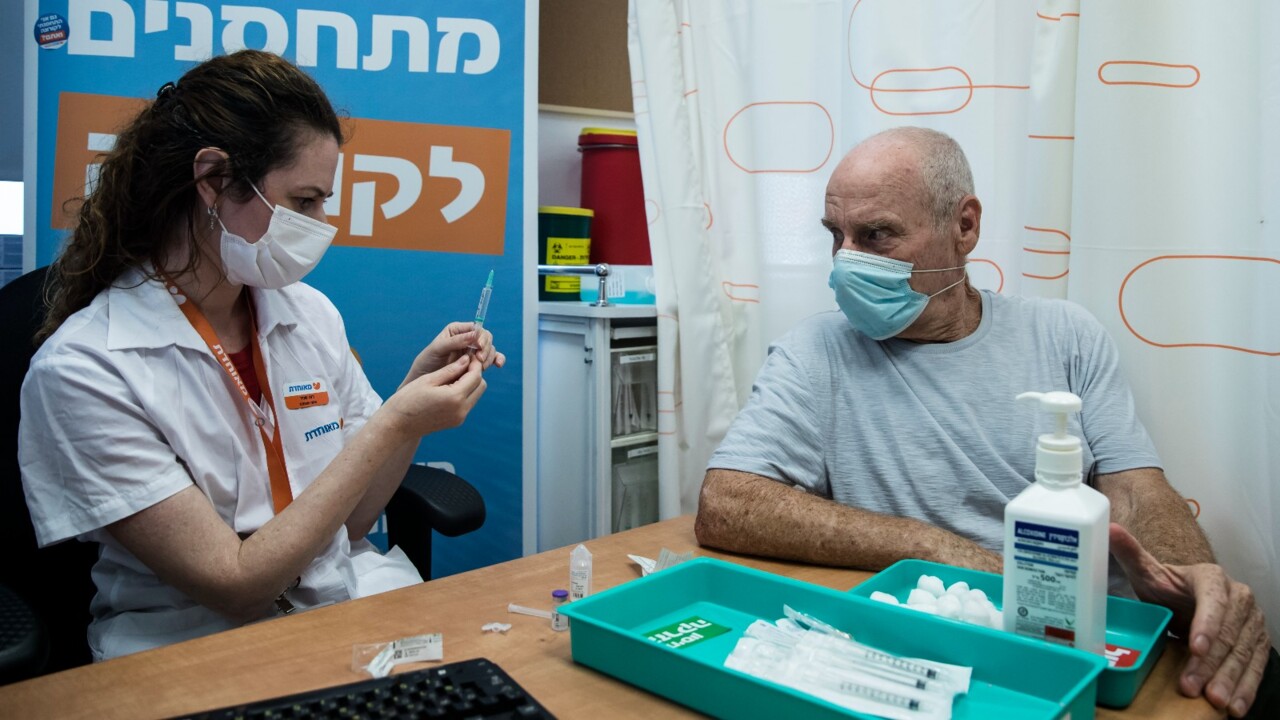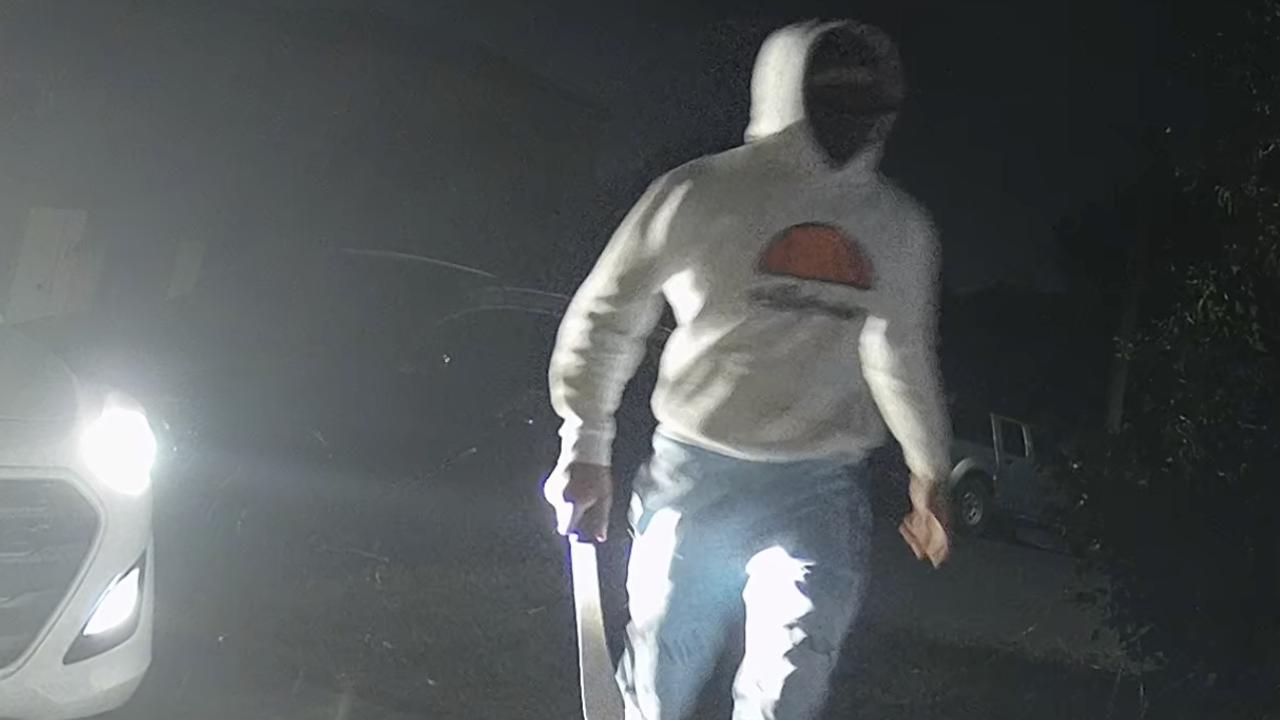Scientists’ quest to help seniors stay immunologically fitter
The Covid pandemic laid bare one of the most damaging consequences of ageing — and scientists are working out how to slow down this effect.

Victoria
Don't miss out on the headlines from Victoria. Followed categories will be added to My News.
Melbourne researchers are working out how to slow down, or even reverse, one of the most damaging effects of ageing.
Over time, our immune system weakens – a process that leaves us less able to fight off viruses or infections, and makes us more prone to cancers and auto-immune diseases.
The ultimate aim of the Walter and Eliza Hall Institute of Medical Research team, who are backed by almost $1 million in new federal funding, is to develop a treatment that could be given from age 60 to help people stay immunologically fitter in their twilight years.
Lead researcher and senior post doctoral research scientist Dr Christine Keenan, said the way Covid had hit the elderly particularly hard highlighted the dramatic impact ageing had on the blood and immune system.
“Immune system dysfunction is a lifelong process, but strong deterioration happens from mid 60s onwards, which tracks with how susceptible people have been to Covid,” Dr Keenan said.
“The usual mix of blood cells shifts as people age. It means that people don’t have what we call naive cells, so they don’t respond well to vaccines or new infections. That leaves them quite compromised.

“We’ve known about these changes to the immune system for a really long time, but we haven’t known anything about the causes of this.”
Dr Keenan’s team previously uncovered two proteins that appear to be the main causes of the age-related immune dysfunction.
Now, in this National Health and Medical Research Council funded project, they will progress from experiments in mice to use samples from elderly Victorian patients, to help understand why this dysfunction occurs and test if they can reverse this process.
“We have these targets now. If we can improve their function that is lost with age, then we can restore immunity,” she said.
“At the end of the grant we would want to have established whether these proteins are really good targets to reverse the ageing process in the immune system, and whether they could prevent the chance of people getting these blood cancers in old age.
“It would be about trying to restore people’s quality of life at that point.
“I know for my parents, when they look after their grandkids and they get a little daycare cold, they’re knocked about for several weeks.
“Being able to restore that immunity, so they could brush off that cold in a day or maybe not even catch it at all, I think that would be transformative.”




